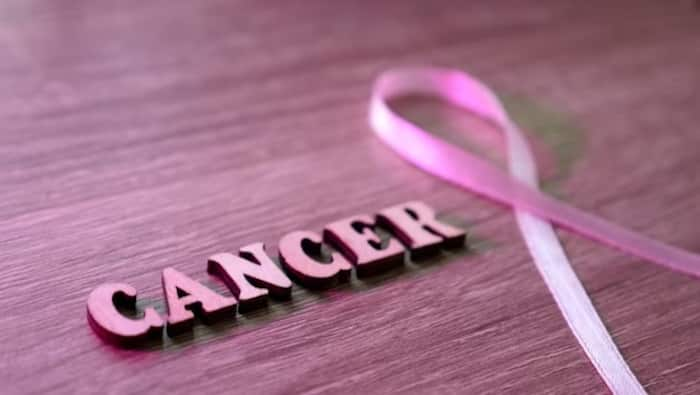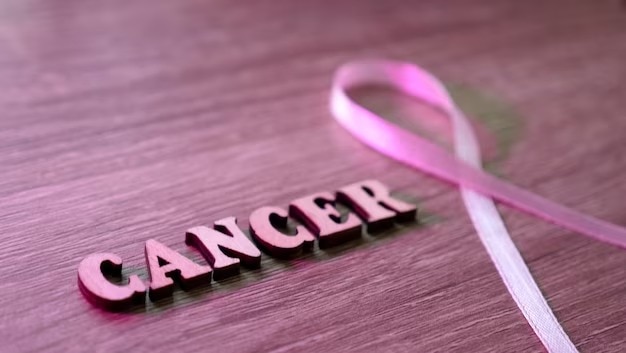On World Cancer Day 2024, let’s take a proactive stance towards our health by identifying and eliminating habits that may contribute to the risk of developing cancer.

As the adage goes, “prevention is better than cure,” and when it comes to cancer, this wisdom takes on unparalleled significance. The prevalence of cancer continues to be a global concern, prompting individuals to reassess their daily habits to minimize risk factors. As per the recent research of 2023, due to cancer, the lives of approximately 9.6 to 10 million people globally are affected, averaging around 26,300 deaths daily. This figure highlights the seriousness and urgency of this illness. More than 100 distinct forms of cancer have been identified globally, many of them also occurring in India.
Many people are unaware that seemingly harmless practices may carry the risk of developing cancer. Dr Bhavna Bansal Senior Consultant and HOD, Histopathology – Oncquest Laboratories unravelled the intricacies of some habits that, when abandoned, can significantly reduce the risk of developing cancer.
AVOID THESE 5 LIFESTYLE HABITS TO PREVENT CANCER RISK
Smoking
Smoking is one of the most infamous behaviours associated with cancer; it acts as a silent arsonist, stoking the flames of many cancer forms. The harmful substances found in cigarettes, such as formaldehyde and benzene, penetrate the body and damage cellular DNA. Since lung, throat, and bladder cancers have been directly linked to long-term smoking, people must abandon this risky habit to have a healthier tomorrow.
Overindulgence in alcohol
While a glass of wine is often lauded for potential health benefits, excessive alcohol consumption can nullify these advantages. Regular heavy drinking is linked to elevated cancer risk, particularly breast, oesophagal, and liver cancers. The metabolization of alcohol produces acetaldehyde, a known carcinogen that can damage DNA and potentially initiate malignant growth. Scaling back on alcohol intake emerges as a crucial step in reducing the incidence of alcohol-related malignancies.
Unhealthy diet
A diet high in processed foods, refined carbohydrates, and saturated fats can promote the growth of cancer. These food selections lead to obesity, which is a known risk factor for several malignancies, including colorectal and pancreatic cancers. Choosing a diet that is well-balanced and abundant in fruits, vegetables, and whole grains can help the body fight against cancer by supplying vital nutrients and antioxidants.
Contact with harmful chemicals
Occupational exposure to carcinogenic substances is a less-discussed yet significant risk factor for cancer. Certain industries involve exposure to hazardous chemicals, asbestos, and other carcinogens that can increase the likelihood of developing cancers such as lung and mesothelioma. Individuals working in such environments should prioritize safety measures, including proper protective gear and regular health screenings, to mitigate the risks associated with occupational exposure.
Excessive exposure to sun
Vitamin D from sunlight is essential for our bodies, even if prolonged exposure to the sun increases the risk of skin cancer. Besides sun exposure producing vitamin D, it also raises the risk of melanoma. To protect yourself from UV radiation, wear high-quality sunscreen and try not to get suntanned.
Sedentary lifestyle
In our tech-driven world, sedentary habits have surged, potentially contributing to cancer risks. Insufficient physical activity is linked to various cancers like colorectal, breast, and endometrial. Regular exercise not only aids weight management but also fortifies the immune system, deterring cancerous cell growth. Ditching a sedentary lifestyle for an active one could be a crucial stride in cancer prevention.
Furthermore, in the unfortunate event of a cancer diagnosis, timely and appropriate treatment is crucial. Advances in medical science offer a range of treatment options, including surgery, chemotherapy, radiation therapy, and immunotherapy. Personalized treatment plans, tailored to the specific type and stage of cancer, maximize the chances of successful outcomes. A multidisciplinary approach involving oncologists, surgeons, and supportive care professionals ensures comprehensive and holistic care for individuals battling cancer.
Over and above that, breaking free from habits that may lead to cancer is a proactive and empowering journey towards a healthier and longer life. By understanding and altering these habits, individuals can pave the way for a healthier and potentially cancer-free future.

